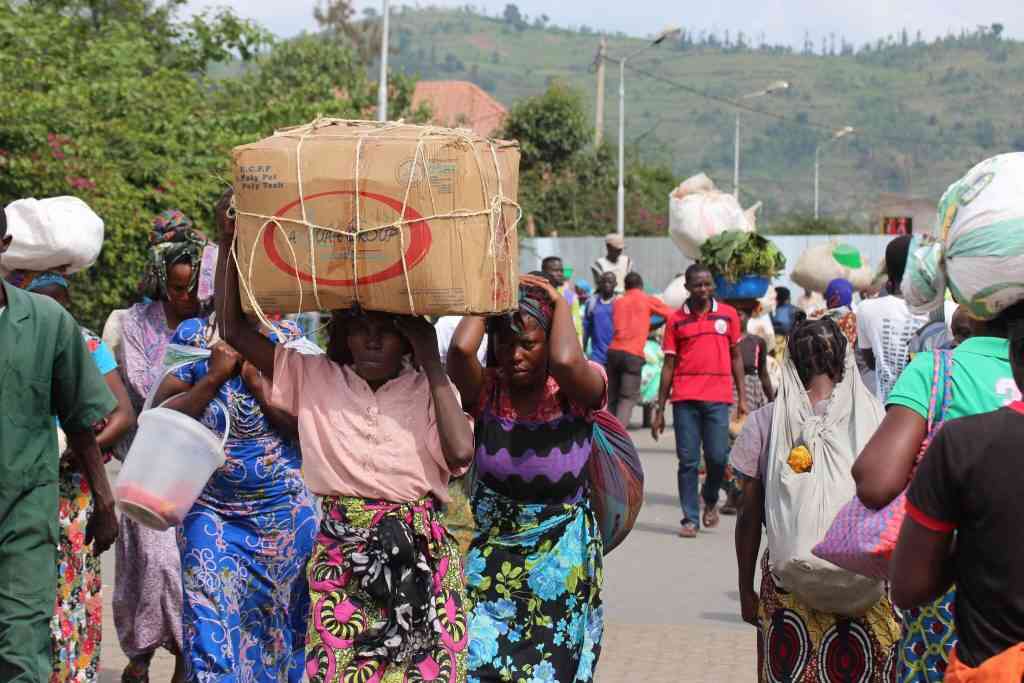
GOAT meat could be an option for the resuscitation of the meat export business in Zimbabwe in the wake of the suspension of the country’s beef exports due to the outbreak of foot-and-mouth disease (FMD), experts have said.
BY MTHANDAZO NYONI
The country’s beef industry has been struggling for over a decade, since the European Union (EU) banned meat imports from Zimbabwe due to FMD outbreaks and has not recovered ever since.

EU banned Zimbabwean beef exports in August 2001 after a foot-and-mouth disease outbreak which was also recently detected in Midlands, Matabeleland and Masvingo provinces.
Perennial droughts and lack of stock feeds have also hampered growth of the national herd which, according to the Finance ministry, stands at around 5,2 million.
Beef production was once the pride for the commercial farming sector, contributing $100 million per year.
However, according to trade promotion body ZimTrade and livestock specialists, Zimbabwe has an opportunity to develop its exports of goat meat, firstly in regional markets such as Angola after a field research conducted last year showed that Angola has a demand for goat meat.
- Chamisa under fire over US$120K donation
- Mavhunga puts DeMbare into Chibuku quarterfinals
- Pension funds bet on Cabora Bassa oilfields
- Councils defy govt fire tender directive
Keep Reading
“A market scan recently conducted by the Embassy of the Republic of Zimbabwe in the DRC, also established a potential to supply goat meat to that market,” said ZimTrade.
“After restrictions on the export of Zimbabwean beef due to the outbreak of foot-and-mouth disease, goat meat could be an option for the resuscitation of the meat export business.”
ZimTrade said Zimbabwean goat producers should engage in world standards animal husbandry practices, if they were to penetrate export markets.
“In addition, they need to have the required documentation such as halaal certification as well as sanitary and phytosanitary certification,” it said.
Livestock specialist Ronny Sibanda said there was a growing demand for goat meat in the country and the world over.
“There is growing demand for goat meat in the country as evidenced by the availability of it in the eating outlets. There are also export markets that are looking for goat meat like Angola and Mauritius,” Sibanda said.
According to ZimTrade, the international market for goat meat has been on an upward trend as indicated by world imports, which increased by 140% over the past eight years to 2014.
Statistics from ZimTrade showed that the world’s imports of goat meat rose to $372 million from $155 million during the same period in 2014. The top importers of goat meat included UAE ($98 million), Saudi Arabia ($60 million), Bahrain ($33 million), Oman ($14 million) and Qatar ($14 million).
The major supplying markets for goat meat are Ethiopia, Kenya, Somalia, Australia, China, Sudan, Brazil and India.
The Goat Breeders’ Association of Zimbabwe estimates that there were 3,1 million goats in Zimbabwe in 2014.
Experts say goats withstand drought conditions much better than cattle and they can survive on shrubs and need less manpower for tending to, making them a better choice than high-maintenance bigger cattle like cows, which are less tolerant to drought conditions.
At the beginning of this year, government distributed 10 000 goats for breeding stock and aims to increase the number to 44 million by 2018.
According to official statistics from Zimbabwe’s Ministry of Small and Medium Enterprises and Cooperative Development, there are approximately 136 000 goat breeders across the country, ranging from ordinary communal goat breeders to peri-urban.










